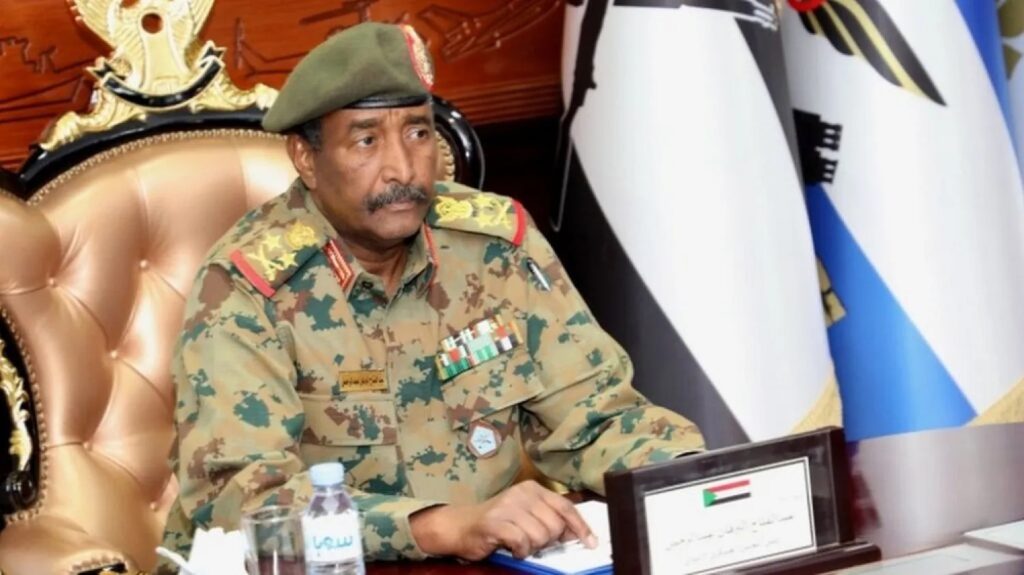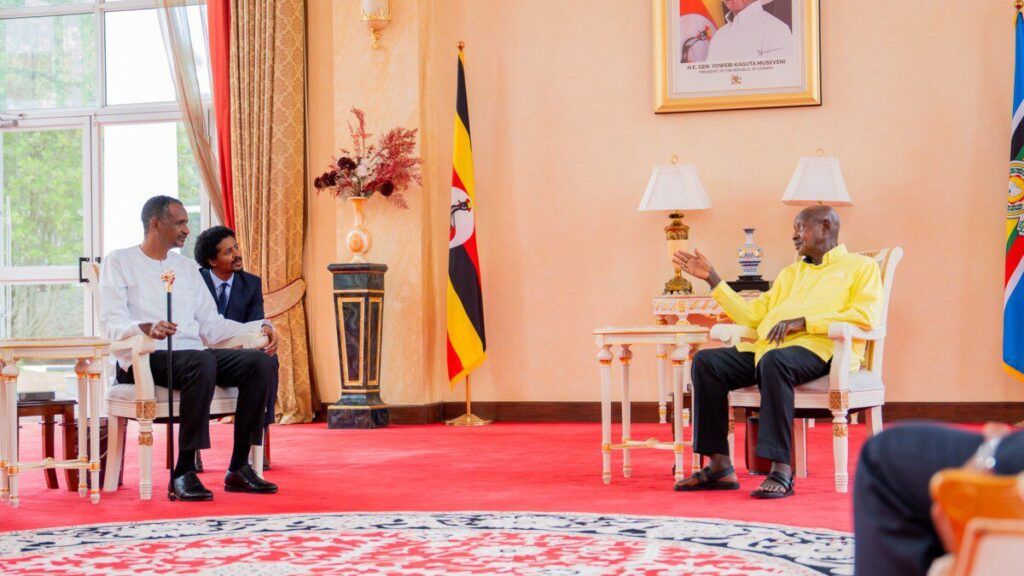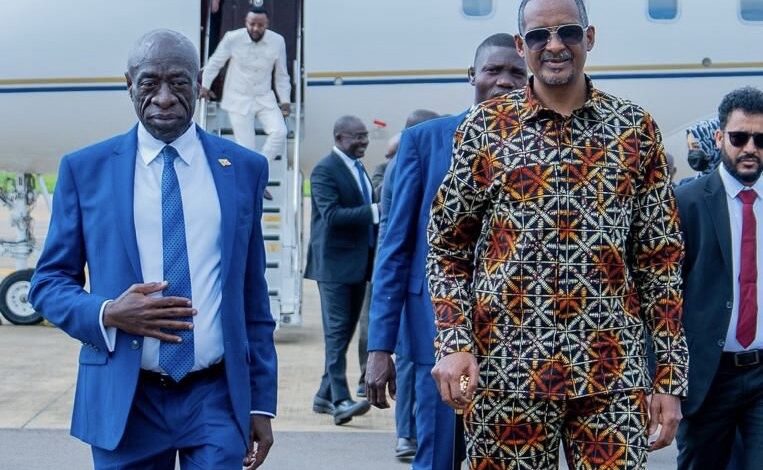
As calls grow internationally and regionally for an end to the conflict in Sudan, the head of the Sudanese Coalition, Hafiz Ibrahim Abd al-Nabi, sharply criticised the Port Sudan authority led by Gen. Abdel Fattah al-Burhan. He accused the leadership of clinging to a military approach and rejecting ceasefire proposals due to concerns that the Muslim Brotherhood could regain influence.
Abd al-Nabi argued that the authorities in Port Sudan continue to reject mediation efforts despite increasing diplomatic pressure for a pause in fighting and a pathway to negotiations. He said the justification of a so-called “dignity war” does not reflect the real motivations. Instead, he claimed Burhan fears that stabilisation or political talks could create openings for Brotherhood-aligned networks to reposition themselves in the state’s political structure.
According to Abd al-Nabi, this resistance reflects a deeper anxiety within the military leadership about the return of political Islam to government institutions, which in turn is prolonging the conflict and blocking efforts to reduce tensions.
He revisited the shifts in the relationship between Sudan’s military and the Muslim Brotherhood since the fall of Omar al-Bashir’s government. He described it as a relationship that has fluctuated between cooperation and suspicion, reaching a peak during the 25 October military takeover that disrupted the transitional process.
Since the outbreak of war on 15 April, these fears have intensified, leading the military to approach any political initiative with caution. Abd al-Nabi warned that this approach is worsening the humanitarian crisis and weakening Sudan’s standing among international actors calling for humanitarian corridors and relief for civilians.
He stressed that continuing the war without a clear endgame risks further fragmentation of state institutions and threatens Sudan’s unity. A way out, he argued, requires acknowledging that the military route cannot deliver stability.
He called for rebuilding political trust and beginning an inclusive national dialogue that excludes extremist groups and corrupt figures, but allows space for national forces committed to a civilian state and peaceful transfer of power. He said the threat posed by the Muslim Brotherhood or any ideological faction should be confronted through a national project, not through shutting down ceasefire efforts.
Abd al-Nabi concluded that Sudan stands at a decisive juncture. Either its leaders adopt a new vision that ends the war and opens a path to lasting peace, or the country remains trapped in cycles of fear, old rivalries and division. He said overcoming the crisis will require political courage and responsibility beyond narrow factional interests.




